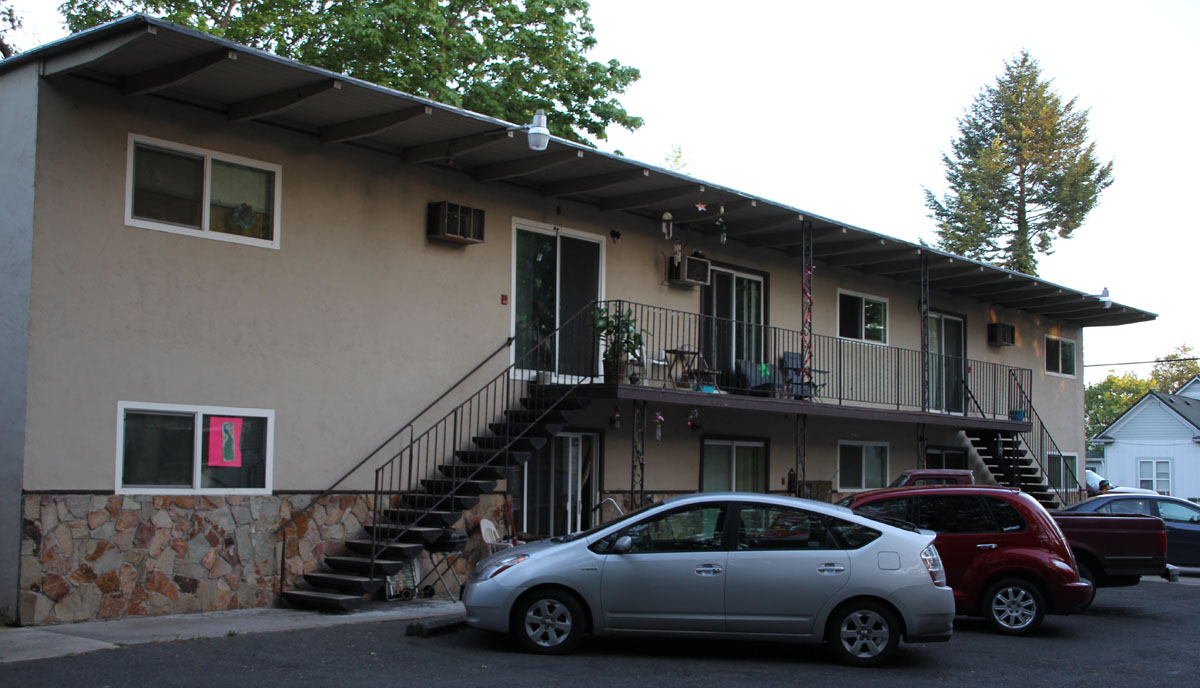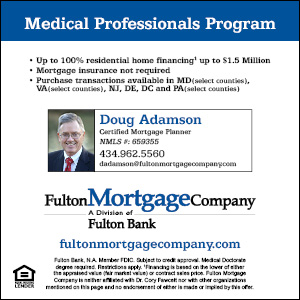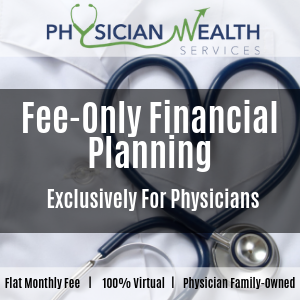A happy reader of The Doctors Guide to Real Estate Investing for Busy Professionals recently wrote me and asked a question regarding the value of his recent real estate investment purchase. I stated in the book to use the property’s cash flow as the main factor in deciding if an investment was worth making. After analyzing his investments cash flow, he didn’t think it was producing enough money to be worth his time and wondered if he was missing something. This is the question he asked.
Thank you Cory for the book. I really enjoyed it and your journey in real estate investing. I am a little unsure about the part where you say to buy for positive cash flow. Let me explain: I bought a condo for $163k, put 25% down, got a 25 year loan that requires a monthly payment of $650. Of the $1600/month rent that I get, $650 goes to the mortgage, $350 to HOA fees (to include heat, it’s cold up here in the North), $350 to taxes, and $100 to the property manager. So I have about $150 in positive cash flow. The cap rate turns out to be 5.8% which makes me wonder if I could have avoided all the hassle and time just by parking my money in an index fund that on average would get me a 6% return. Am I missing something? Thank you for your time.
I sent him a response which details what he indeed was missing in his return calculations that makes real estate better than the stock market. I thought it would be good to share that information with you.
I talk about using the positive cash flow as the break point for your decision to purchase. (You really do not want to have a negative cash flow which requires you to feed your investment from your pocket. Investments should be putting money into your pocket, not taking it out.) But that does not represent the full benefit you get from your real estate investment’s overall returns. The following points should be considered to fully evaluate the investment return.
Cash Flow
In your case, you are getting $150 a month in cash flow or $1,800 a year. As rents raise over time, this figure will increase. That equates to about a 4.4% initial cash on cash return on your down payment that will grow with time.
Principal Pay Down
You are also getting the benefit of the principle paid on the loan every month. This is paid by the tenant with their rent check. Part of the mortgage payment goes to the bank as interest and part of it is credited to you in the form of principal paid on the loan (which is taxable income). In the first year about $2,660 of principal is paid on the loan. This equates to an additional return of about 6.5% on your down payment. As the loan gets paid down a little more every year, this figure will increase annually. (These figures are based on the assumption that insurance is not in your mortgage payment since you listed property tax separately, I’m assuming insurance is separate also.)
Appreciation
Your property is usually appreciating over time. If we assume your condo will appreciate at an average of 3% a year, then that comes to $4,890 the first year. That is another 12% return on your down payment.
Depreciation
Depreciation is figured over 27.5 years. By dividing your purchase price by 27.5, you get a depreciation tax write off of $5,927 a year to use against the profits from this investment. Since only the principal pay down and the cash flow are taxable profits, which come to $2,660 + $1,800 = $4,460, your initial depreciation write off, $5,927, is larger than the $4,460 taxable income, so you will owe no taxes on any of your financial benefits. The $1,467 of depreciation that you didn’t use this year can either be carried forward to use later or it can be deducted against some other passive investment profits.
That all adds up to $9,350 ($1,800 + $2,660 + $4,890) in tax free financial benefits the first year, giving you a tax free return of about 23% on your investment. This figure will climb with time as rents increase and your loan decreases.
I would take this real estate investment over investing in the stock market any day. The average return in the stock market over the long haul should be around 8-10%. This real estate investment will be returning more than double that in year one, and climb from there. Someday, the loan will be paid in full and that $650 a month mortgage will become additional cash flow of $7,800 a year.
One thing to keep in mind, it looks like there are a few costs that were left out of your initial cash flow figure, so you might have overstated your cash flow for this investment. I hope you get some fire insurance and liability insurance (it might already be in the mortgage payment). You also did not mention repair and maintenance which will happen even with a condo. You will be responsible for the repair of the things inside your unit as well as cleaning it up between tenants.
As you can see, there is more investment return than just the cash flow. That is the very reason I only use cash flow for my benchmark. If the property has a positive cash flow, I will make all the other profits over time as well. For all the calculations you need to find the accurate cash flow, check out The Doctors Guide to Real Estate Investing for Busy Professionals. Then get some of your own real estate investments so that these real estate profits will be flowing into your pocket as well.






Like this analysis of which highlights some of the hidden benefits of real estate besides the actual net profit from rent.
The property appreciation is a tough one to factor as not every property goes up in value although the majority do. The tax benefits are the main ones to consider although if you sell the property you will eventually have to pay the piper unless you do a 1031 exchange
Great article laying out all the details to consider in purchasing rental property with debt. It still seems like a lot of risk for very little return, and virtually no cash flow when you factor in vacancy and one or two repairs. It would seem to me that purchasing rental property doesn’t really make sense unless you have the ability to pay cash for the purchase or put down at least 50%.
Scott, I disagree with your conclusion. Each rental property needs to be calculated on its own merits. Cash flow is one of the things to consider. I have purchased properties with zero down payment that did very well financially with a good cash flow and am living off them today. You certainly don’t need to make a 50% down payment to get into a real estate investment, but sometimes it takes that much to get a positive cash flow. If that is the case, that particular property might not be a good investment. In the case of the condo in the article, there is a lot of profit happening even without the cash flow. Thanks for your comment.
Thank you Cory for explaining this so clearly. Wanted to clarify – the 23% return on investment in the above example is the cash on cash return. I am not sure if this can be compared with the 8-10% return in the index fund which is where I understand the cap rate (5.8% in this example) in real estate is to be used for comparison. The difference I see is that Leverage is being used in the 23% ROI strategy, while there is no leverage in the 5.8% cap rate calculation. So would it be more prudent to find a property with a cap rate that exceeds the 8-10% return??
VA,
I never even look at cap rate for a real estate investment. It gives a hypothetical return that ignores financing. If you are buying a property with all cash and no financing, then the cap rate means something real. I want to know the actual return. Cap rate leaves off appreciation. That is why I look at the other issues in the article.
Thank you – this is very helpful!